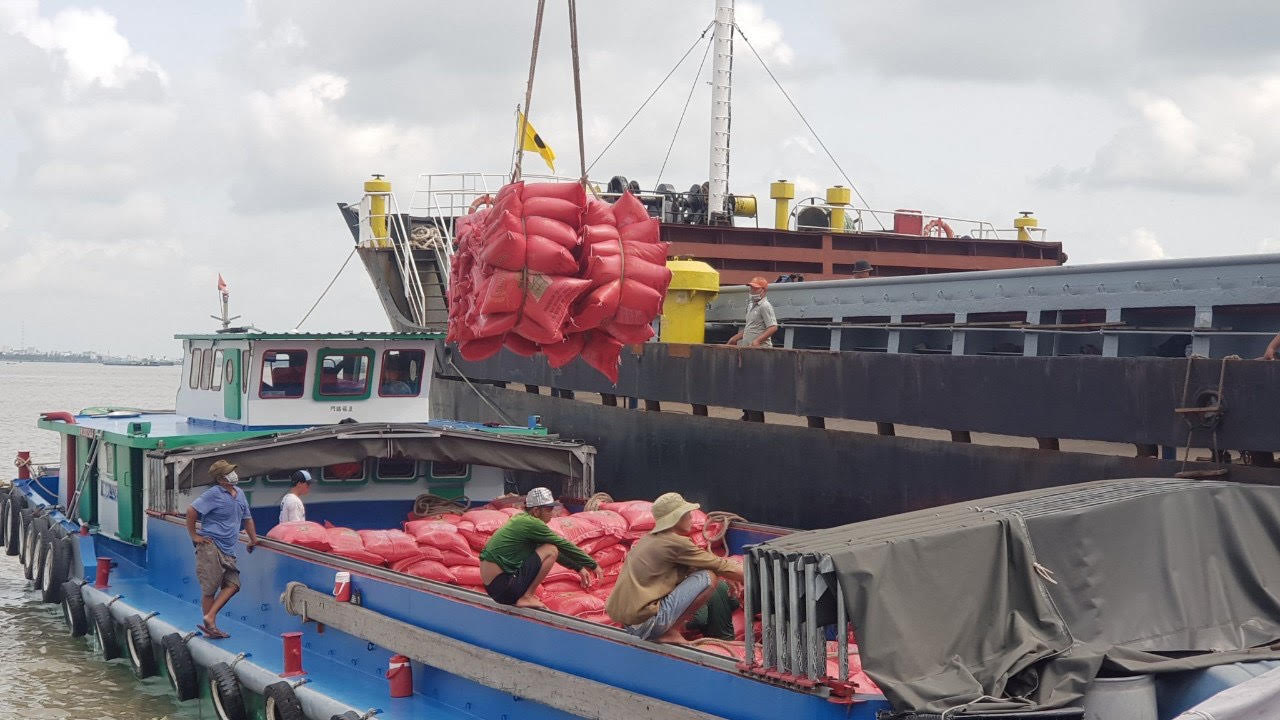HANOI -- Vietnam aims to cut its rice exports to 4 million tonnes a year by 2030, the government said in a document detailing its rice export strategy, down from 7.1 million tonnes last year.
Vietnam is the world’s third-largest rice exporter, after India and Thailand.
The move is aimed at “boosting the exports of high-quality rice, ensuring domestic food security, protecting the environment and adapting to climate change,” according to the government document, dated May 26 and reviewed by Reuters.
Rice export revenue will fall to $2.62 billion a year by 2030, down from $3.45 billion in 2022, the document said.
“Although Vietnam’s rice farming area is shrinking due to climate change and some farmers are switching to growing other crops and raising shrimp, the strategy appears to be too aggressive,” a rice trader based in Ho Chi Minh City said on Saturday.
The trader said some rice farmers in the Mekong Delta are turning parts of their fields to fruit farms, growing mangoes, grapefruit, jackfruit and durian, but the vast majority remain dependant on rice.
The trend toward cultivating shrimp has been taking place in the area for years as rising seawater triggered by climate change brings significantly increased salination in the Mekong Delta region.
Vietnam will diversify its rice export markets to reduce its reliance on any country, the government document said. The Philippines has long been Vietnam’s biggest rice buyer, accounting for 45% of its shipments last year.
Vietnamese Prime Minister Pham Minh Chinh told Philippines President Ferdinand Marcos Jr at a regional meeting in Indonesia this month that Vietnam was willing to supply rice to the Philippines for the long term at reasonable prices.
By 2025, 60% of Vietnamese rice exports will be shipped to Asian markets, 22% to Africa, 7% to the United States, 4% to the Middle East and 3% to Europe, the document said.
The Vietnam Food Association, which represents rice processors and exporters, did not immediately respond to requests for comment.
The government said Vietnam will focus on the production of high-quality, fragrant and glutinous rice, while reducing the production of low-quality grains to 15% of total output by 2025 and to 10% by 2030.
“I doubt the strategy will materialise, as rice production depends on supply and demand, not on a government decision,” another rice trader in the Mekong Delta province of An Giang said.
Rice exports from Vietnam in the first four months of this year rose 40.7% from a year earlier to 2.9 million tonnes, according to government customs data.

















































